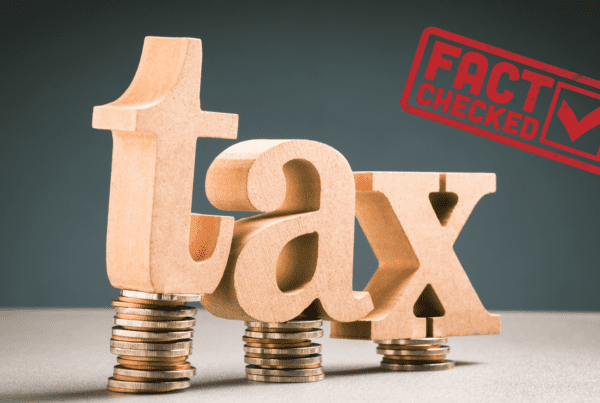It is common for legal practitioners to seek reimbursement for costs, in addition to the charge for services. However, the GST treatment of such reimbursements depends on the nature of the arrangement entered into, commercial terms of the transaction, and whether it was incurred as agent of the principal.
Incorrect treatment of GST on reimbursements could result in practitioners being liable to fund, from their own resources, any shortfall arising from a failure to levy GST.
The GST treatment of disbursements incurred by a practitioner and reimbursed by the client can cause confusion – some disbursements which practitioners incur in providing their legal services are not consideration for GST purposes and therefore, are exempt from GST (for example, land title searches). However, in some circumstances, these charges could result in GST when reimbursement is sought from the client. The circumstances of each case need to be considered to determine whether or not GST is payable on reimbursement.
Two scenarios – agent vs principal
Legal practitioners may incur expenses on a client matter both as an agent of the client and as a principal in the ordinary course of providing their services to the client. In most cases, agreements between legal practitioner and client may not use the term agent or agency, but it is clear that the clients have authorised the legal practitioner to act on their behalf in the particular matter.
If a disbursement is made by a practitioner and incurred in their capacity as a paying agent for a client, then no GST is payable by the practitioner on the subsequent reimbursement by the client. This is because the goods or services to which the disbursement relates are supplied to the client, not to the practitioner, by a third party. Also, the reimbursement forms no part of the consideration payable by the client for the supply of services by the practitioner.
However, if goods or services are supplied to the practitioner to enable the practitioner to perform services supplied to the client, GST is payable by the practitioner on any reimbursement by the client of expenses incurred on those goods or services, whether the reimbursement is separately itemised or included as part of the practitioner’s overall fee. This is because the reimbursement is part of the consideration payable by the client for services supplied by the practitioner.
Examples :
GST Not Payable
The following are examples of common fees and charges, for which a client is liable, that may be paid for by a practitioner as a paying agent of the client. If the practitioner makes the payment, GST is not payable on the subsequent reimbursement by the client to the practitioner for:
– Application fees
– Registration Fees
– Court Fees
– Barrister’s Fees when the barrister is engaged directly by the client
– Incorporation Fees
Most fees in connection with registering and maintaining the status of particular legal relationships such as companies, partnerships, societies or associations. A common example would be registering a company where the client could have done it directly through a third-party provider.
Other examples include:
– Fines, penalties, stamp duty and taxes
– Probate fees
GST Payable
The following are examples of common disbursements that, depending upon the contractual arrangements between the client and the practitioner, can be incurred by a practitioner and then reimbursed by a client as part of the consideration payable for legal services provided to the client by the practitioner. If the following disbursements are incurred by a practitioner, GST is payable on the subsequent reimbursement by the client to the practitioner:
– Search fees
– Municipal search fee (eg rates; zoning; permits)
– Birth/death/marriage certificate fees
– Barrister’s fees when the barrister is engaged by the practitioner
– Witness fees
– Fees for recording court proceedings
– Service of document fees
– Fees for expert report or attendance in court
– Fees to obtain court transcript
The above GST treatment of disbursements is consistent with the income tax treatment of disbursements as explained in Taxation Ruling TR 97/6.
The following are examples of costs that a practitioner may incur in carrying on the business of providing a legal service to the client. GST is payable on any subsequent payment by the client to the practitioner for the supply of the legal service for:
– Telephone expenses
– Postage expenses
– Photocopying expenses
– Courier expenses
– Word processing expenses
– Travel expenses of the practitioner and staff
Article by Jane Agirtan







